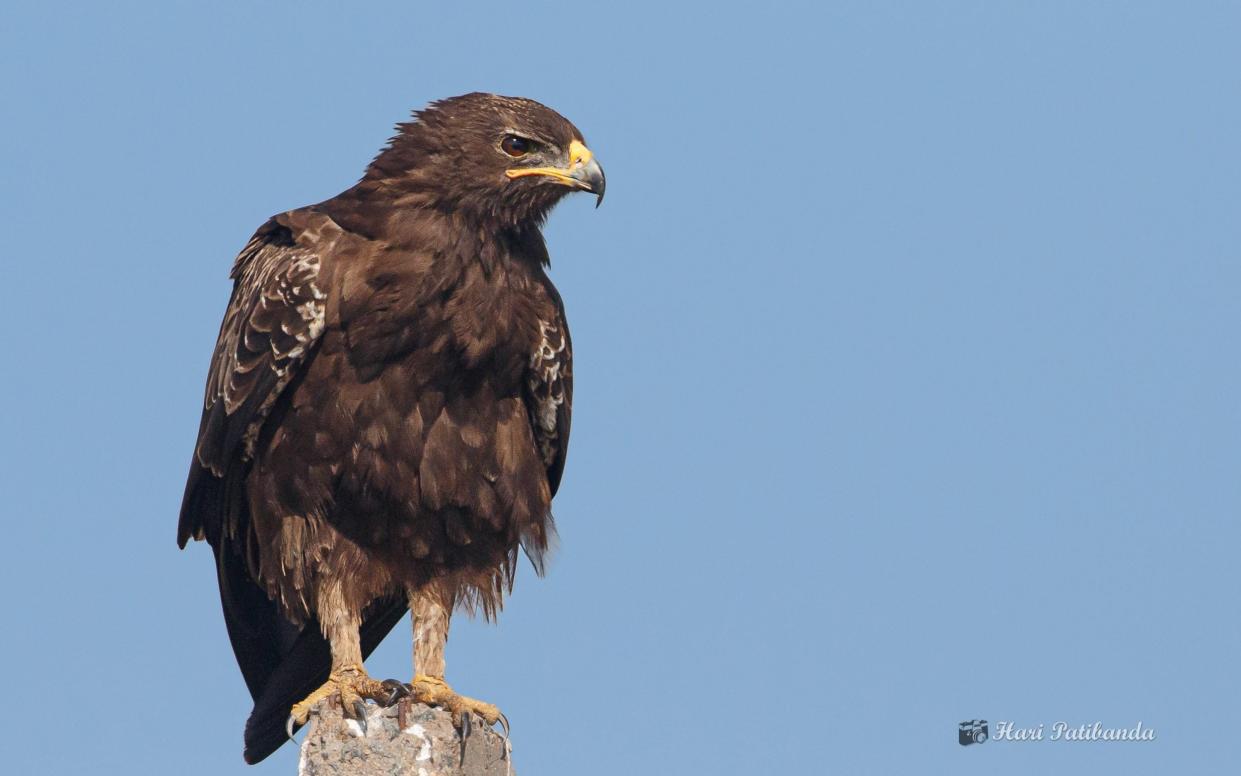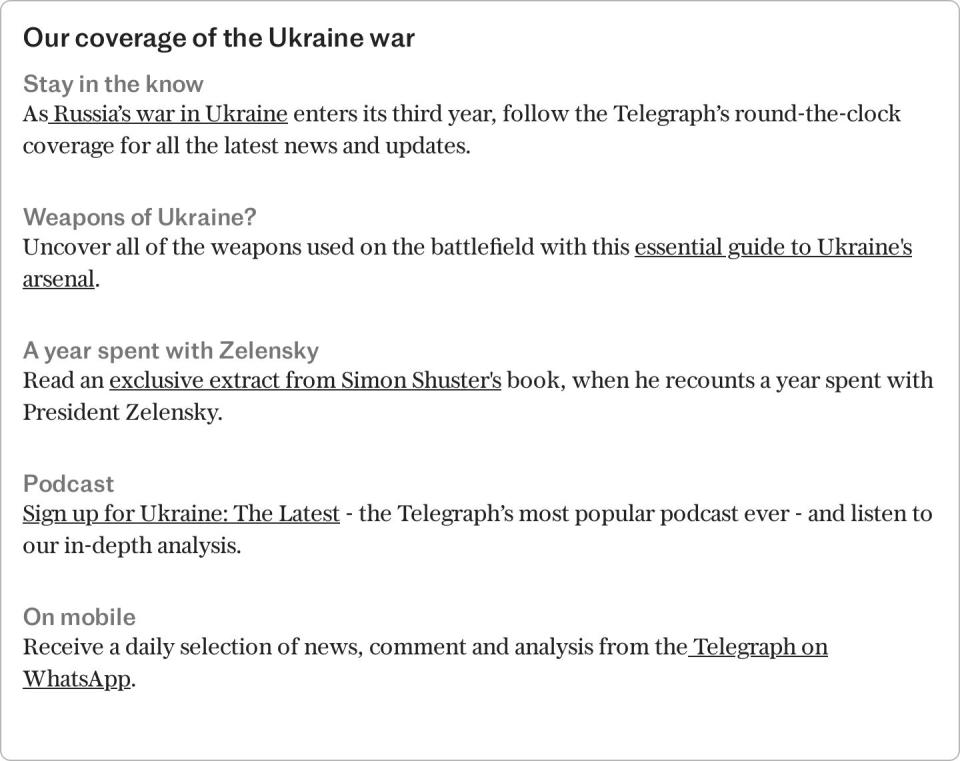Migrating eagles are avoiding war-torn Ukraine

Migrating eagles are avoiding flying over war-torn Ukraine, experts have discovered, and it may harm their ability to breed.
Between March and April, the greater spotted eagle leaves its wintering areas in southern Europe and east Africa, and heads north to important breeding grounds in Belarus.
The usual route takes it straight through Ukraine, but tracking data shows the birds are making diversions to avoid the conflict, and are spending less time stopping at their usual refuelling sites in the country.
Experts from the University of East Anglia (UEA) and the British Trust for Ornithology (BTO) tagged 19 birds and found they travelled an extra 52 miles on average, with females spending 246 hours in the air compared to 193 hours before the war.
Likewise, males are now taking an average of 181 hours to reach breeding grounds compared with 125 hours pre-conflict.
The study is the first to demonstrate how war is causing a major disruption to the migratory patterns of rare birds.
Dr Charlie Russell, a postgraduate researcher in the school of environmental sciences at UEA, said: “We did not expect to be following these birds as they migrated through an active conflict zone.
“Our findings provide a rare window into how conflicts affect wildlife, improving our understanding of the potential impacts of exposure to such events or other extreme human activities that are difficult to predict or monitor.
“These types of disturbances can have significant impacts on the behaviour, and potentially fitness of the eagles. For individuals breeding in these areas, or other species that are less able to respond to disturbance, the impacts are likely to be much greater.”
Greater spotted eagles are large raptors that are classified as a vulnerable species by the International Union for Conservation of Nature (IUCN).
The team was already studying the species when the war started, monitoring the disruption caused to migratory routes by bad weather or drought, and the destruction of essential habitats.
However, during the invasion the team found that the eagles, which had previously been fitted with GPS tracking devices, were exposed to artillery fire, jets, tanks and other weaponry, as well as unprecedented numbers of soldiers moving through the landscape and millions of civilians displaced.
They discovered the eagles were making large deviations from their traditional migratory routes.
The team also found that fewer birds stopped in Ukraine before returning to their breeding grounds, with just six out of 19 (30 per cent) making stopovers, compared to 18 out of 20 (90 per cent ) in 2018-2021.
Stopover sites are essential places to get food, water, and shelter for migrating birds during their long journeys. Some important stopover sites, for example in Ukrainian Polesia, were not used at all in 2022.
This resulted in the eagles travelling further and arriving on their nesting grounds later than usual.
Experts fear the changes will likely contribute to reduced physical fitness at a time when peak condition is critical to successful breeding.
“Our findings show how human disturbance can inadvertently impact wildlife,” said Dr Adham Ashton-Butt, senior research ecologist with BTO.
“Migratory birds such as greater spotted eagles are drastically declining all over the world and it’s imperative that we better understand and mitigate our effects on these charismatic species.”
The researchers said that the findings serve as an important reminder that the effects of armed conflicts are wide ranging and stretch beyond the immediate humanitarian crisis.
The research was published in Current Biology.


